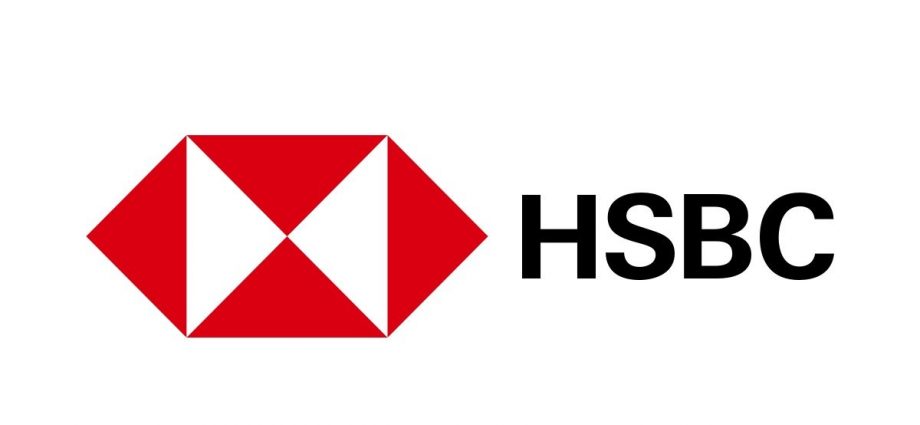HSBC, the multinational banking and financial services company that has total assets of US$2.5 trillion and is the largest bank in Europe, is looking to move nearly 40% of its private placements assets onto a blockchain-based platform called Digital Vault. The banking titan currently looks after US$50 billion worth of the assets, and the plan to shift US$20 billion of it onto a digital blockchain platform represents one of the largest and most significant deployments of the emerging technology by any large global financial institution to date. The move to digitize the private placements records is slated to be carried out by March 2020.
Though blockchain technology has been featured in several pilot projects and trials in the financial sector before, this is the first time anywhere that will see the technology being utilized to manage assets of such a tremendous magnitude, and by a global banking behemoth no less. HSBC’s attempt to shift the private placements assets onto its Digital Vault, if successful, will prove to the world that the technology can indeed be revolutionary and alter the financial landscape. Already advocates of blockchain are saying that it will streamline banking processes and significantly reduce costs while also providing a level of transparency and security that is far superior than that of the legacy paper-based systems currently in use.
HSBC intends its blockchain-powered platform to enable investors to access records of securities bought on private markets in real-time, which is not possible with the current paper-based system. The London-headquartered bank is counting on a boom in the private placements space, which it believes will reach a staggering US$7.7 trillion in global value by 2022. According to Ciaran Roddy, who leads custody innovation at HSBC’s securities services arm, private placements are increasingly gaining traction among insurers and investors worldwide, ranging from North American and European insurers to Asian sovereign wealth funds, all drawn by the attractive financial returns to be made. The bold move by HSBC is therefore timely because in order for it to competently serve investors and insurers in the fast-growing private placements space it has to move beyond the existing legacy paper-based system, which is cumbersome and lacking in standardisation thus causing inefficiencies.
A blockchain-based platform will significantly lower costs as it is a paperless, digital system. As blockchain is a distributed ledger whereby all records on the blockchain are secured and linked together through cryptography, all data that is stored is immutable and highly resistant to tampering. The technology is therefore ideal for banks and financial institutions that require secure, up-to-date data and information that is readily accessible on-demand.
The adoption of blockchain technology on such a massive scale by a banking institution as prestigious as HSBC heralds a sea change in the way blockchain is being perceived by the financial sector as a whole. Indeed, the implementation of a blockchain platform to manage US$20 billion worth of assets is no small feat, and its success may well signal the arrival of the blockchain era for the financial sector as a whole.

